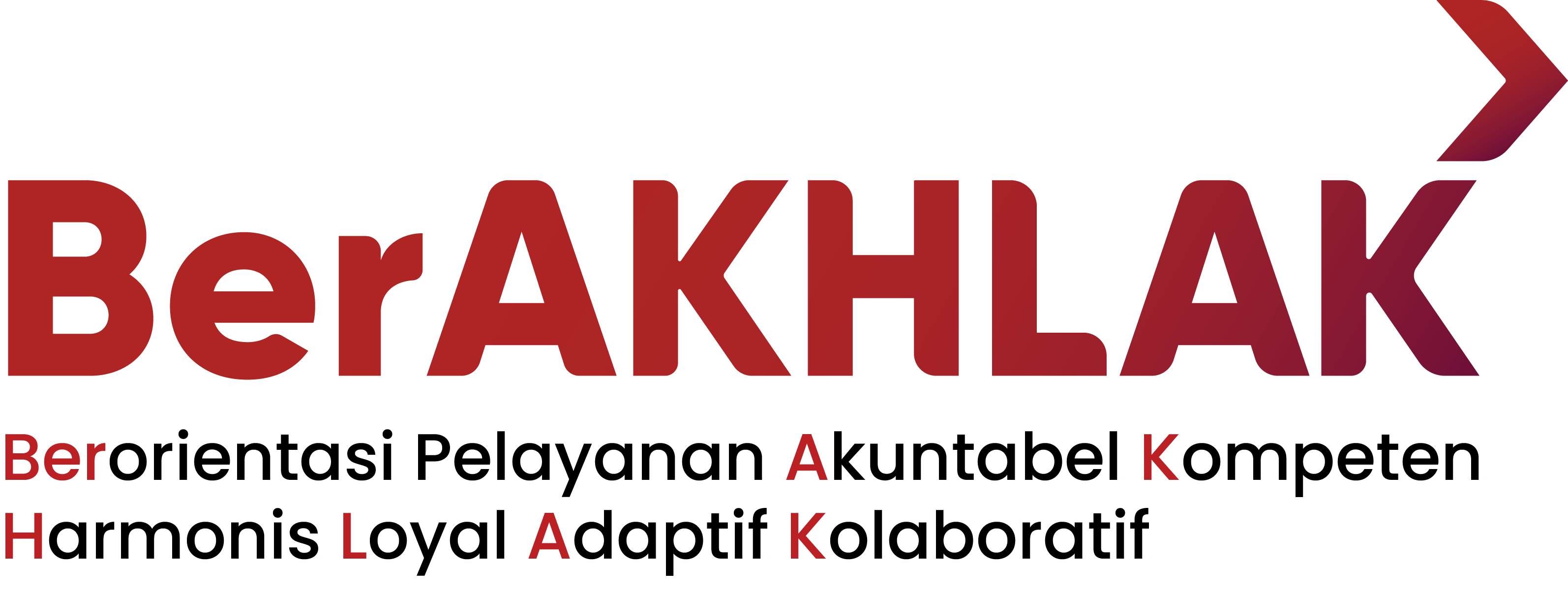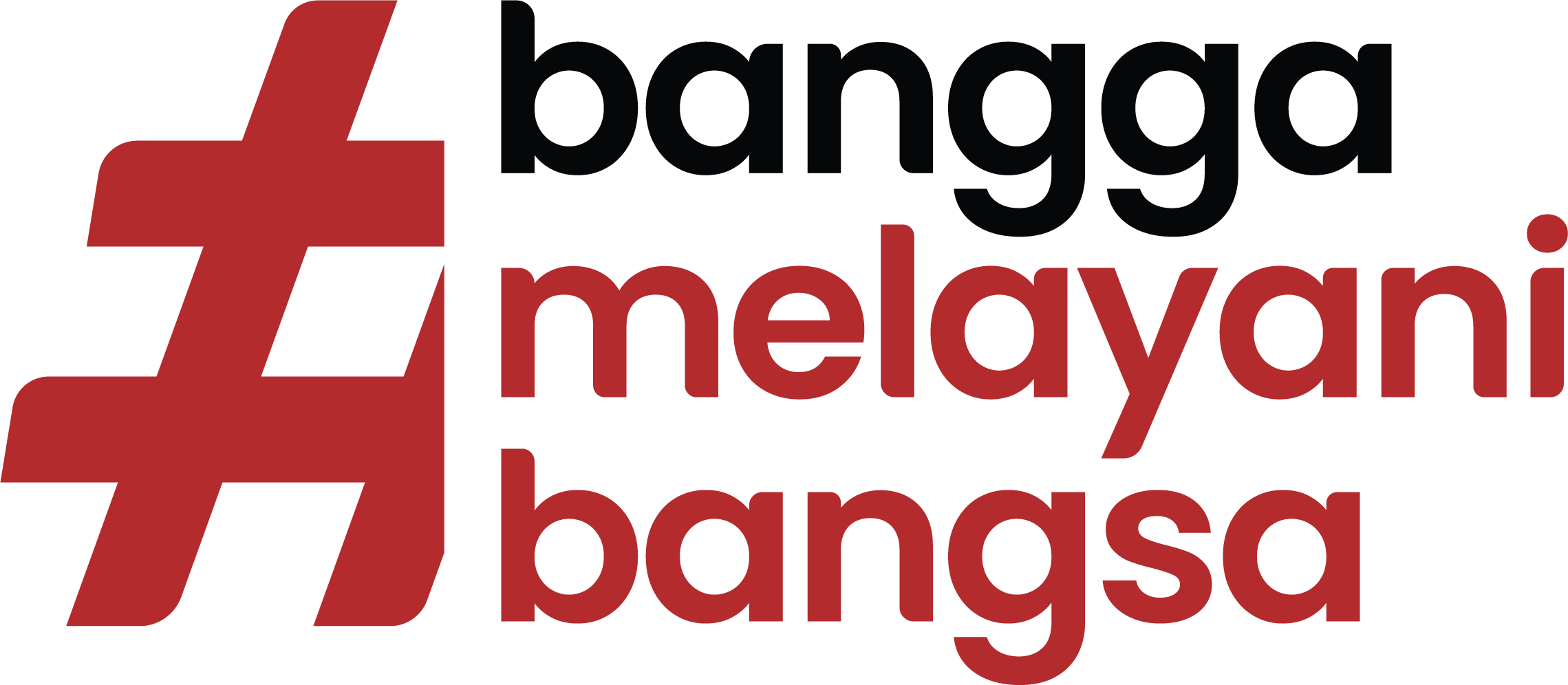Indonesia & UN Launch Annual Report for 2023 highlighting contributions to Indonesia’s Development Agenda
Partnership News - Wed, 18 September 2024

JAKARTA - Indonesia, through the Ministry of National Development Planning/Bappenas, alongside the United Nations (UN), launched the 2023 UN in Indonesia Annual Results Report. The report highlights the work and impact achieved in the third year of the 2021-2025 United Nations Sustainable Development Cooperation Framework (UNSDCF), a framework that brings together 30 UN agencies working collaboratively to support the government's development agenda. The year 2023 was significant for Indonesia, with its role as ASEAN Chair opening new opportunities for regional cooperation during a period of post-pandemic economic recovery, institutional strengthening, and enhanced health architecture.
"We remain firmly committed to achieving the Sustainable Development Goals (SDGs) and addressing urgent global issues such as climate change, economic inequality, and social disparities. The next five years are also crucial for Indonesia to implement the three pillars of transformation in the 2025-2045 National Long-Term Development Plan: Social Transformation, Economic Transformation, and Governance Transformation," said Minister of National Development Planning/Head of Bappenas, Suharso Monoarfa, at the Bappenas-UN Forum in Jakarta on Wednesday (18/9).
“This annual report is evidence of our cooperation, not only summarizing the collaboration between Indonesia and the UN but also showing how this partnership aligns with Indonesia’s development aspirations as outlined in the 2020-2024 National Medium-Term Development Plan,” wrote the United Nations Country Team in the report. The report outlines the progress made by the UN and Indonesia in achieving the SDGs, organized around four strategic areas of the UNSDCF.
In the first area, Inclusive Human Development, achievements include improving the efficiency of the social protection system through socioeconomic registration, benefiting over 118 million recipients of various government social protection programs. In collaboration with the National Food Agency, the UN supported food and nutrition initiatives benefiting 25,000 school children, with lessons from these initiatives informing national nutritious food programs. The proportion of people living with HIV who are using antiretroviral drugs increased from 33% in December 2022 to 40% by December 2023.
Second, under the Economic Transformation pillar, the UN helped more than 900 factories adopt the latest technologies, boosting their economic competitiveness while reducing environmental harm. Over 330,000 farmers received support to enhance agricultural practices and strengthen their farming businesses. The palm oil industry improved waste management and product utilization in both plantations and factories, thanks to the support of the UN and its partners.
In the third area, Green Development, Climate Change, and Natural Disasters, the UN helped reduce over 87 million tons of greenhouse gas emissions and provided clean energy to 134,000 households through mini-hydropower plants and rooftop photovoltaic solar systems. A reduction of 420,000 tons of marine waste was achieved through waste reduction and recycling measures.
Lastly, under the Innovation to Accelerate Progress Toward the SDGs area, Indonesia, with UN support, raised USD 2.2 billion through thematic bonds to accelerate progress toward the SDGs. The outcomes of these bonds positively impacted the lives of 6.4 million Indonesians. More than 800 million doses of vaccines were successfully distributed to the right locations using the SMILE application developed by the UN.
“As we welcome a new chapter in Indonesia’s government and prepare for the 2024-2029 National Medium-Term Development Plan, it is essential to seize this momentum to build stronger and more inclusive partnerships with the UN, and also strengthen Indonesia’s collaboration with the UN,” concluded Minister Suharso. Through this forum, it is hoped to reaffirm the collective responsibility between government institutions, UN agencies, development partners, and the private sector to advance Indonesia's development agenda.
The Annual Report was officially presented by UN Resident Coordinator in Indonesia, Gita Sabharwal, to Minister Suharso at the annual Bappenas-UN Forum, a key platform for strategic dialogue between the Government of Indonesia and UN agencies. "The UN’s cooperation with a country is only as strong as the partnership it builds," said Gita. "This partnership enables the UN’s comprehensive approach to accelerate progress toward achieving the SDGs while ensuring no one is left behind. We will continue to work with Bappenas and the entire Indonesian government, not only to achieve the SDG targets but also to explore innovative solutions to support the government in inclusive growth, green and low-carbon development, and digital transformation."


